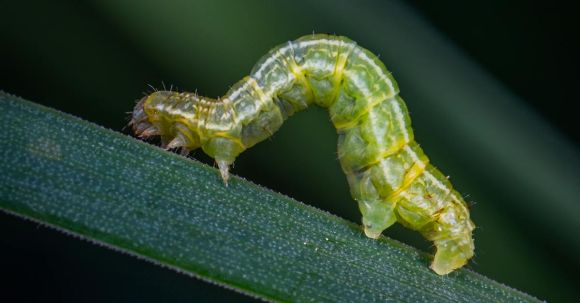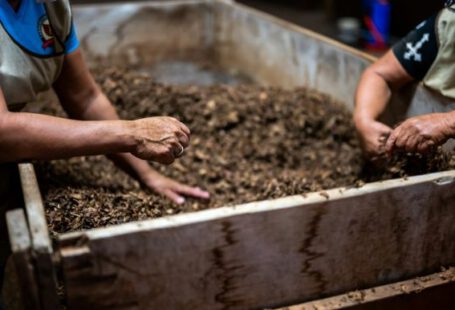Edible gardens are a wonderful way to grow your own food and enjoy the freshest produce right from your backyard. However, these gardens can often become a playground for insect pests, which can wreak havoc on your plants and diminish your harvest. In this article, we will explore effective methods to control insect pests in edible gardens, ensuring that your hard work pays off with bountiful and healthy crops.
1. Identify the pests
The first step in controlling insect pests is to identify the specific pests that are causing damage to your plants. Different pests have different vulnerabilities and require different control methods. By accurately identifying the pest, you can tailor your control efforts to effectively combat them.
2. Practice good garden hygiene
Maintaining good garden hygiene is crucial in preventing and controlling insect pests. Remove any dead or decaying plant material as it can attract pests. Regularly weed your garden beds as weeds can harbor pests and provide them with a breeding ground. Additionally, clean up fallen fruits or vegetables promptly to prevent pests from feeding on them.
3. Attract beneficial insects
Not all insects are pests; some are actually beneficial to your garden as they prey on pests. Encourage the presence of beneficial insects by planting flowers and herbs that attract them. Ladybugs, lacewings, and praying mantises are all examples of beneficial insects that can help control pest populations. By creating a diverse and inviting environment, you can foster a natural balance between pests and their predators.
4. Use physical barriers
Physical barriers can be an effective way to protect your plants from insect pests. Install row covers or netting to keep pests at bay. These barriers create a physical barrier that prevents pests from reaching your plants while still allowing air and sunlight to pass through. Make sure to secure the barriers tightly to prevent any gaps that pests can exploit.
5. Employ organic pest control methods
When it comes to controlling insect pests in edible gardens, organic methods are often the best choice. Avoid using chemical pesticides that can harm not only the pests but also beneficial insects, birds, and other animals. Instead, opt for organic pest control methods such as companion planting, which involves planting certain species together to repel pests, or using organic insecticidal soaps and oils.
6. Rotate your crops
Crop rotation is an effective method to disrupt the life cycle of insect pests. By rotating your crops each year, you prevent pests from building up in the soil and reduce the risk of infestations. Different plants have different vulnerabilities to pests, so rotating crops can help break the pest cycle and keep your garden healthy.
In conclusion
Controlling insect pests in edible gardens requires a proactive and holistic approach. By identifying the pests, practicing good garden hygiene, attracting beneficial insects, using physical barriers, employing organic pest control methods, and rotating your crops, you can minimize the damage caused by pests and maximize your harvest. With these strategies in place, you can enjoy the fruits of your labor while maintaining a healthy and thriving garden. So go ahead, take control of those insect pests and let your edible garden flourish!





